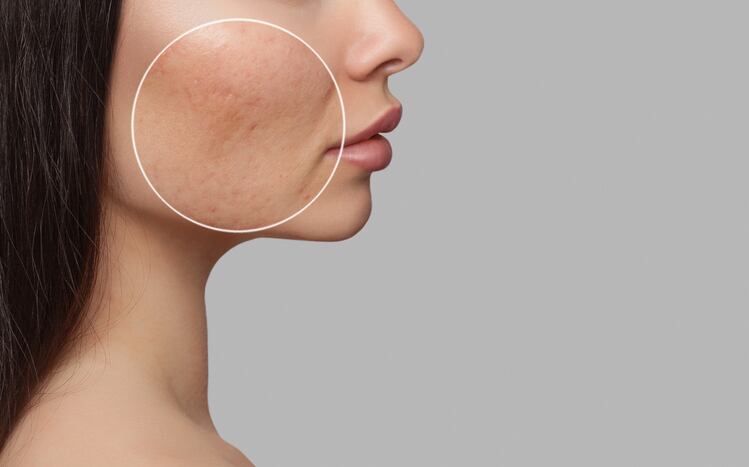The announcement comes after Unilever’s Q4 and 2020 net sales dipped, in what was described as a “volatile and unpredictable” year.
Addressing attendees at yesterday’s online Consumer Analyst Group of New York (CAGNY) 2021 conference, Alan Jope, CEO of Unilever, said the company was now going to be making “strategic choices” in the months and years ahead.
"Our first strategic choice is to develop our portfolio in high growth spaces – we will continue to evolve towards higher growth segments in homecare, beauty, personal care and food. This will determine the choices we make for organic investment and particularly for acquisitions and disposals," Jope said.
On the topic of disposals, he said Unilever's "where-to-play investment criteria" had led to a number of brands and two categories, spreads and tea, "falling out of our focus". And so, along with the global separation of its tea business which was set to be completed by the end of 2021, he said: “We’re also evaluating options for some smaller BPC [beauty and personal care] brands as we continue to actively manage our portfolio.”
“We’ve set up a dedicated management team who are beginning the process of separating out those brands,” he said.
Unilever acquisition goals – prestige beauty to hit €3bn in few years
Jope said Unilever also had strong acquisition goals as part of its “portfolio evolution”.
Between 2015 and 2020, Unilever had already deployed €16bn of capital – over 70% of which had gone into skin care, prestige beauty and functional nutrition – and an area it would look to invest more in would be prestige beauty, he said, both organically and through “good use of our capital through acquisitions”.
Unilever had “made good progress” in building out its prestige beauty portfolio in recent years, he said, with the rollout of acquired brands Dermalogica and Tatcha. The business division now represented €700m in revenues and the goal was to drive this to over €3bn “within a few years”, Jope said.
On the plans for acquisitions in the space, he told CAGNY attendees: “Inorganic portfolio change will be guided by strict financial rigor and rational economic choices. We know there’s significant value at stake and we will continue to be disciplined in our approach as we judge how best to enhance value.”
Growth goals for US, India and China and other ‘key growth markets of the future’
Jope said another key strategic choice Unilever was making was to accelerate growth in the US, India, China, along with “other key growth markets of the future”.
Business in the US already represented 18% of company turnover at €9bn, and he said many of the brands Unilever was building in prestige beauty “were born in the US market”. In India, a market that represented 10% of company turnover, he said there was “significant opportunity for further development”; and in China, where 6% of turnover was generated with €3bn in revenues, he said momentum had been “steady and strong” so far.
“These three countries represent nearly 35% of our turnover today and are forecast to account for 60% of global growth by 2030. They will be our focus for bespoke innovation, enabled by co-located R&D and they will get first call on our capital.”
In addition to these three markets, Unilever would continue to eye growth opportunities in Brazil, Indonesia, Philippines, Turkey, Thailand and Mexico, Jope said, as the company remained confident in achieving “higher growth in a post-COVID world”.
“The strategic choices which we’ve made are designed to position us in the growth tailwinds of the future, and this includes responsible portfolio evolution,” he said.




